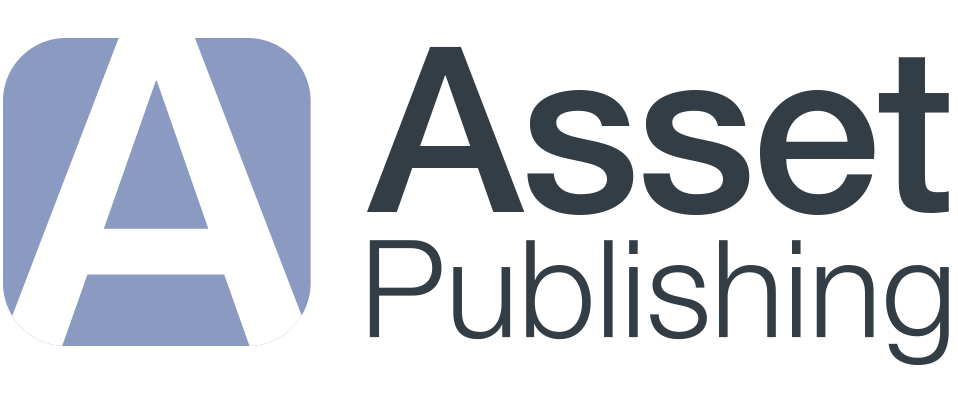Moody’s gives Ekurhuleni, Tshwane a stable outlook

The Union Buildings in the City of Tshwane, South Africa's administrative capital. Image: Guillem Sartorio/Bloomberg
Moody’s Ratings has confirmed the credit ratings of Ekurhuleni and Tshwane at Caa2 but with a stable outlook.
The ratings agency acknowledged in a statement on Wednesday that Tshwane and Ekurhuleni had announced in mid-March that they had made their audited financial statements available to noteholders on the JSE’s website and that they have now fully complied with the debt listing requirements of the JSE.
Read: Tshwane misses JSE deadline, placed on review for downgrade by Moody’s
On 6 March, the agency downgraded both metros eight notches further into non-investment grade – or junk status. The downgrade came after both cities neglected to submit their audited financial statements to the JSE by the stipulated deadline of 29 February. The JSE cautioned earlier that the debt securities of Ekurhuleni and Tshwane faced suspension should they fail to adhere to the deadline.
Besides the credit rating downgrade on 6 March, Moody’s also put both metros on its watchlist for possible further downgrades because of an increased risk of accelerated debt and the potential danger that they could default on their notes listed on the JSE.
The JSE gave a final grace period until 12 March 2024 for the statements to be handed in.
Now that both metros have submitted their financial statements, Moody’s has changed its outlook on the metros to stable, which concludes the rating review, according to the statement.
Ekurhuleni is South Africa’s 3rd largest metro and home to OR Tambo International Airport – the busiest airport in Africa. Tshwane is the country’s administrative capital and the fifth-largest city.
Moody’s said the failure of both metros to meet the initial submission deadline indicates weak governance and management, which are significant ratings constraints.
Ekurhuleni’s deteriorated governance
Ekurhuleni’s governance, financial performance, and liquidity problems are only partially offset by moderate and declining financial debt.
“Importantly, the city’s governance and management practices deteriorated over the last few years amid political instability, legal disputes, and audit concerns, which makes it difficult for the city to plan and execute annual budgets properly,” the statement read.
Ekurhuleni was initially governed by a multi-party coalition consisting of the DA, Freedom Front Plus, IFP, and ACDP, with Tania Campbell (DA) as executive mayor after the local government elections in November 2021. But in 2023, she was ousted following a motion of no confidence by the ANC and EFF. Both parties have a majority in the metro, and African Independent Congress (AIC) councillor Sivuyile Ngodwana was subsequently elected as the metro’s new executive mayor.
Moody’s said its stable outlook on Ekurhuleni reflects a broad stability of financial performance and liquidity. Its efforts to improve revenue collections will likely result in a stable financial position over the next year.
Tshwane has ‘fragile liquidity’
Moody’s Caa2-rating for Tshwane indicates the city’s ongoing fiscal challenges and insufficient capacity to raise debt to meet increasing infrastructure spending needs.
“Governance remains weak, as reflected by an adverse audit opinion from the Auditor-General of South Africa in 2022 and a qualified opinion in 2023,” it noted.
Tshwane has been under the mayorship of two DA members since the 2021 local government elections. In December of the same year, the city was initially run by a majority coalition government with Randall Williams (DA) as mayor. He resigned in February 2023 and was succeeded by fellow party member Cilliers Brink, who was elected in March 2023.
Moody’s pointed out that Tshwane’s operating performance improved slightly in 2023, primarily driven by an increase in revenue of user rates and increased interest income from outstanding debtors. The agency expects the metro’s performance to improve in the 2024 financial year. However, the city’s capital infrastructure spending remains below 10% of total expenditure.
“This under-investment, coupled with poor maintenance and damaged assets, has led to water shortages and restrictions.”
Read: Municipalities need skills development to properly maintain systems
Notwithstanding the rating affirmation, Moody’s believes there is broad stability of the liquidity coverage in Tshwane, which is unlikely to deteriorate excessively.
TAGS: ANC-EFF coalition | Cilliers Brink | Democratic Alliance | Ekurhuleni Metro | local government elections | moody's credit rating | Moody's ratings downgrade | Tania Campbell | Tshwane
